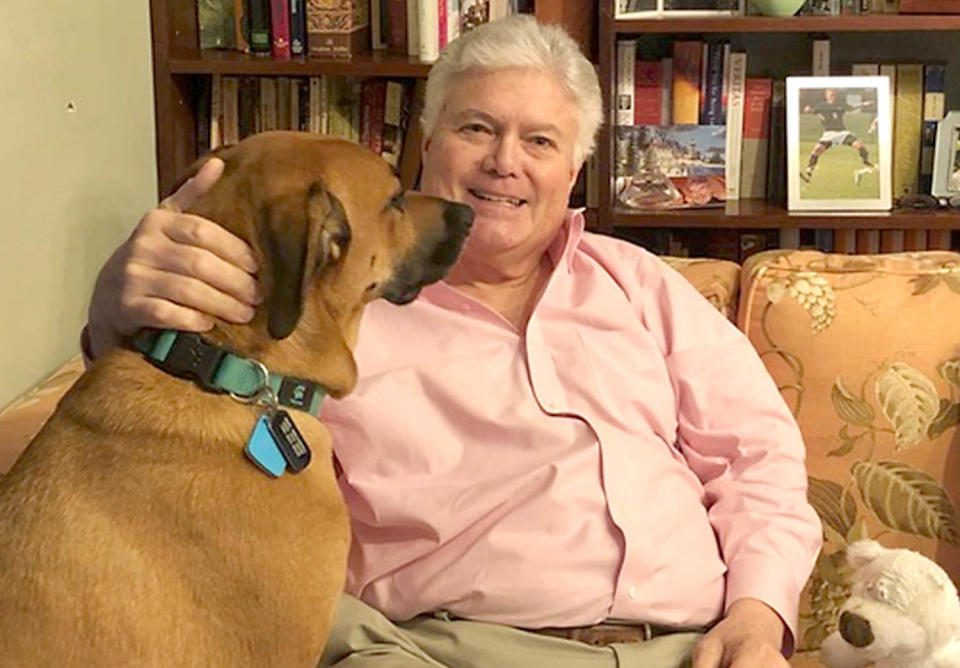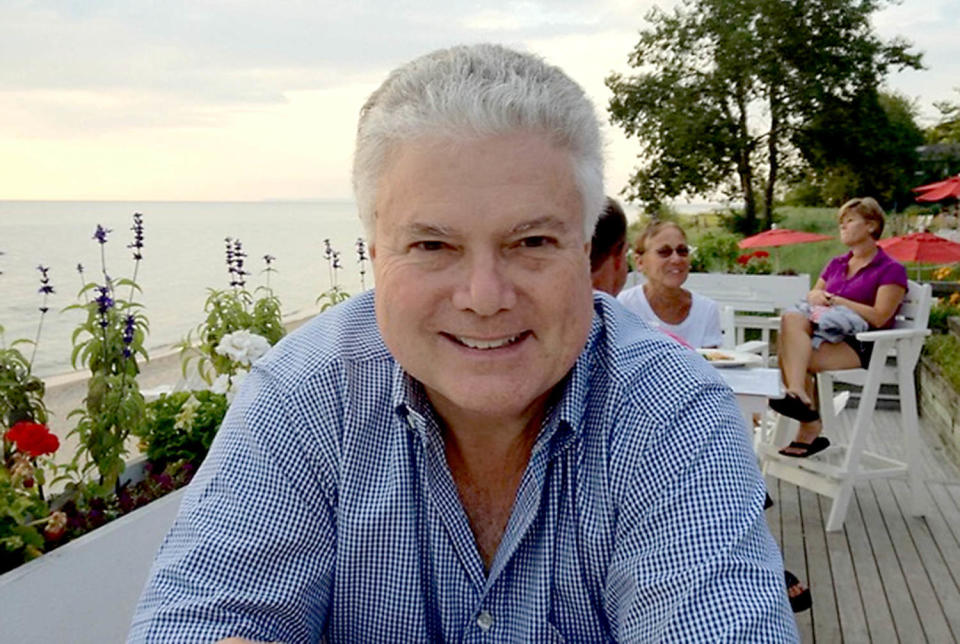I’m an ADHD expert and dad. This is my No. 1 tip for raising kids with ADHD
Millions of children in the United States are diagnosed with attention-deficit/hyperactivity disorder, or ADHD. Despite its prevalence, the condition is commonly misunderstood — and both children and adults with ADHD can suffer as a result.
ADHD impairs executive functioning, or the ability to control thoughts, emotions or behavior, per the Cleveland Clinic. There are three types of ADHD depending on which symptoms are strongest, according to the U.S. Centers for Disease Control and Prevention.
Predominantly Inattentive: Individuals are easily distracted and have difficulty organizing, finishing tasks, paying attention to details, or following conversations and instructions.
Predominantly Hyperactive: Individuals are restless, struggle to sit still for long periods, act impulsively, interrupt people, speak at inappropriate times, and may take unnecessary risks.
Combination: Individuals present with equally strong symptoms of both types.
Children with ADHD do not grow out of the disorder, though some may learn to manage symptoms so they no longer meet the criteria for ADHD by adulthood; other people's ADHD symptoms are lifelong, according to the Cleveland Clinic.
For both kids and adults with ADHD, symptoms can cause problems at home, school, jobs and in relationships, especially when left unmanaged.

Raising a child with ADHD can come with extra obstacles. However, proper treatment and certain parenting techniques can help create the foundation for children with ADHD succeed, according to Dr. Ned Hallowell, a board-certified child and adult psychiatrist and renowned ADHD expert.
Here's his No. 1 tip for raising kids with ADHD.
Reframe ADHD as a strength, not a deficit
"The most important thing people need to know is that this condition has a positive side. ... They don't know the strengths," Hallowell tells TODAY.com.
It starts with the name attention deficit hyperactivity disorder, says Hallowell, which he believes is unhelpful. "We don't have a deficit of attention, we have an abundance of attention and our challenge is to control it," says Hallowell, who is also diagnosed with ADHD.
Instead, he encourages parents to think of ADHD as a brain difference and a source of incredible strengths to be harnessed. These include being very creative, imaginative, innovative and entrepreneurial, says Hallowell.
“I always say, people with ADHD have a Ferrari engine for a brain with bicycle brakes,” he explains. "A race car brain with bike brakes is something you want to work on, not a deficit,” says Hallowell. He compares medications that alter the brain chemistry to brake fluid.
Children with ADHD often only hear about the negative side, Hallowell explains — whether it’s from parents, teachers or peers — and the ignorance and stigma around ADHD can crush a child’s self-esteem. “They’re given the message over and over that it's a dismal condition. ... If (parents) think of it as dismal, it becomes dismal and the kid internalizes that,” he adds.
According to the CDC, many children with ADHD also suffer from other mental disorders, including anxiety and depression.
“What we don’t talk about enough are the people with ADHD who change the world for the better,” says Hallowell. There are Nobel Prize-winning scientists, inventors, CEOs, athletes, musicians and many other success stories, Hallowell emphasizes — he wants parents to know this and reinforce it for children.
“Damage is done" by treating ADHD as abnormal and unhealthy, says Hallowell.
“Now, that is not to say it can’t be crippling," he clarifies, adding that ADHD can lead to chronic underachievement and problems in all areas of life, and there is even research suggesting it can shed years off one's life expectancy.
However, with the right diagnosis, treatment and support, children and adults with the condition can leverage their strengths and thrive. “ADHD is a gift that has to be unwrapped, but it doesn’t unwrap itself," says Hallowell.
Coaching children to harness strengths
Raising a child with ADHD can be challenging. Simply getting out the door for school in the morning can be "hell hour," says Hallowell. "I’m not saying it’s easy, but if you approach it with a positive attitude and go looking for talents and strengths, your child and you will do much better.”
Treatment involves medications and behavioral interventions, and the latter requires parents to enlist help. "You need someone other than you guiding the ship," he explains.
According to Hallowell, children need a coach to help them understand ADHD and develop strategies to improve focus, performance, organization skills and reach goals.
“They need someone who gets down to the nuts and bolts and helps them create devices to remember things, to follow through, to get up on time and arrive places on time,” says Hallowell.
Usually, parents are the de facto coach, Hallowell notes, but he warns that this can cause children to feel nagged and push back.
If possible, parents should try to find another adult educated about ADHD — whether it’s a life coach, teacher, counselor, pediatrician or tutor — who can help streamline the child’s life. According to the CDC, most children diagnosed with ADHD can receive school accommodations, including help staying organized.
“A good coach can make all the difference in the world,” Hallowell says.
Many mistakes children with ADHD make are not made on purpose, says Hallowell, but that doesn’t mean they get a free pass. “ADHD is an explanation, not an excuse. ... You still have to learn to take responsibility,” says Hallowell. Coaching can help instill a sense of accountability that carries into adulthood.
There is no cure for ADHD. The goal of treatment is improving symptoms, and this does not happen overnight. “Hang in there. ... the gift will emerge if you keep trying to unwrap it,” says Hallowell.

This article was originally published on TODAY.com

